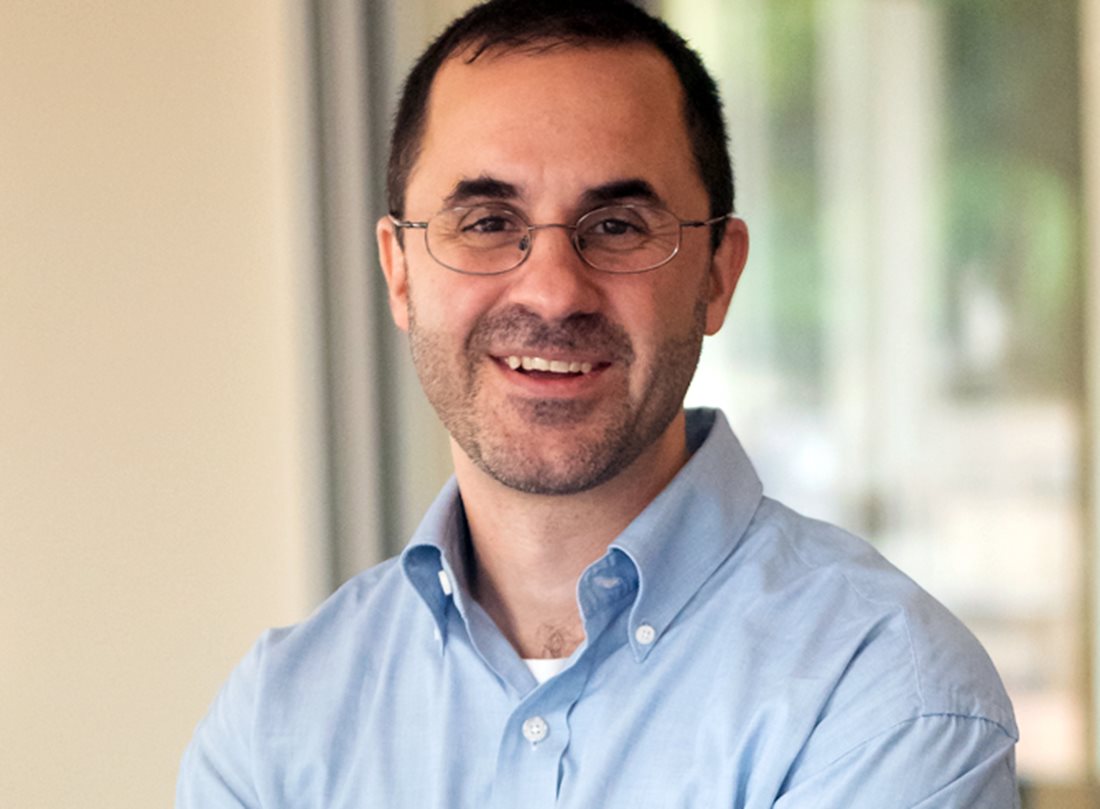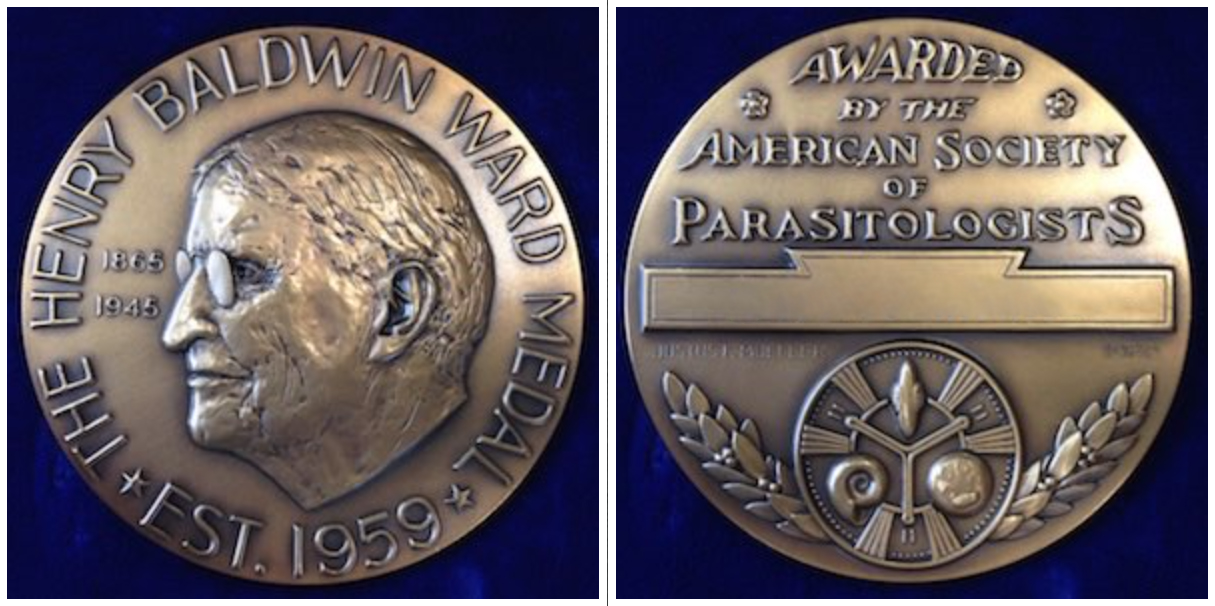News

Grad School Associate Dean Charles Criscione Honored With 2023 Henry Baldwin Ward Medal For Outstanding Career Accomplishments In Parasitology
The award is one of the highest honors bestowed in the field.
By Shana K. Hutchins, College of Arts and Sciences
Dr. Charles D. Criscione, professor of biology and associate dean in the Graduate and Professional School at Texas A&M University, has been selected to receive the 2023 Henry Baldwin Ward Medal from the American Society of Parasitologists in recognition of his research contributions and mid-career accomplishments in parasitology.
The award, which consists of a specially designed bronze medal and a $1,000 honorarium, is conferred on mid-career members of the society “who, by self-directed investigations, shall have attained a position of leadership in some aspect of parasitological research.” It is considered one of the highest honors bestowed within the field of parasitology,
Criscione will be presented with the medal during a ceremony at the Society’s 98th Annual Meeting, set for July 13-16 in Kansas City, Missouri, where he also will deliver an invited acceptance speech.
Criscione’s research at the interface of ecology, evolution and genetics examines fundamental ecological and evolutionary questions in parasite systems, chiefly flatworms and roundworms. His work, primarily funded by the National Science Foundation and the Texas Parks and Wildlife Department, is diverse in its types of science, from taxonomy and distributional data, to empirical tests of evolutionary theory, to applied molecular epidemiology. He has helped pioneer the use of population genetics to better understand the evolutionary ecology of parasitism.
"Parasites, by the very nature of their lifestyle, get a lot of negative attention," Criscione said. "But, in themselves, parasites are ecologically and evolutionarily fascinating. The American Society of Parasitologists is a leading and historic international academic society that is not only devoted to improving human and animal health in relation to parasites, but also to the elucidation and appreciation of the biological diversity parasites represent. Having the basic parasite ecology and evolution that we study recognized by ASP is a testament to the importance of foundational scientific inquiry.”

Criscione joined Texas A&M in 2008 as an assistant professor after earning his Ph.D. in biology at Oregon State University in 2005 and completing a three-year postdoctoral appointment in the Department of Genetics at the Texas Biomedical Research Institute. At Texas A&M, he is a member of the Faculty of the Interdisciplinary Doctoral Program in Ecology and Evolutionary Biology as well as the Faculty of the Interdisciplinary Graduate Program in Genetics and Genomics. From 2021 to 2023, he also served as associate head for academic affairs in Texas A&M Biology.
The medal, which was first presented in 1959, is named in honor of H.B. Ward, founder and first president of the American Society of Parasitologists and the founding editor of The Journal of Parasitology.
“Henry Baldwin Ward was one of the founding figures of American parasitology,” Criscione said. “I am proud to say I am a direct academic descendant of Ward, who is my great-great-great academic grandfather via my graduate advisor at Southeastern Louisiana University, the late Dr. William Font. Receiving the Ward Medal is the highest honor for me in my academic career, and much credit goes to the hard work and curiosities of my former and current lab members.”
The American Society of Parasitologists is a diverse group of more than 800 scientists from industry, government and academia who are interested in the study and teaching of parasitology. Founded in 1924, ASP members have contributed not only to the development of parasitology as a discipline, but also to primary research in systematics, medicine, molecular biology, immunology, physiology, ecology, biochemistry, behavior and more.
Learn more about the Ward Medal or Criscione’s research at Texas A&M.
This story originally appeared on the College of Arts and Sciences website.